Acres of farmland and ranchland protected in perpetuity through agricultural conservation easements.
Acres under reduced development pressure due to smart land-use planning and tax policies.
Catalyzed in federal and state funds to help farmers and ranchers adopt new conservation practices or protect their land.
Our programs are designed to move the needle on the three parts of our mission: protecting farmland, promoting sound farming practices, and keeping farmers on the land. Our relationships with farmers help us stay connected to the real-world challenges in agriculture, while also allowing us to test new concepts and models that can be scaled and replicated. In 2024, our staff trained and supported 31,750 farmers, ranchers, and landowners, 4,028 of whom were part of underserved communities. We trained or supported an additional 12,835 professionals, including land trust staff, agricultural educators, policymakers, and government employees at every level.
Our leadership of the National Agricultural Land Network has enabled us to provide training and networking spaces for land trusts, public agencies, conservation and farm organizations, planners, and policymakers. We share key data with the network’s more than 1,400 members and beyond.
AFT is the only agricultural land trust with a national scope, enabling us to take on projects that other groups can’t. We have protected farms and ranches in 26 states. In addition, we support the work of local and state land trusts across the nation. Our Buy-Protect-Sell (BPS) program is an innovative model that not only protects vulnerable farmland but then gets it into the hands of incoming farmers at an affordable price. Through our Farm Legacy program, farmers and ranchers around the country have donated property, knowing that it will be stewarded wisely.
Taken together, these efforts ensure the viability of agricultural operations and the affordability of land for future generations, mitigating the impact of climate change, and safeguarding wildlife habitats.
Our researchers maintain the nation’s best land-cover data, evaluate conservation outcomes, and study farmer demographics. Their assessments, forecasts, and state-specific tools are used by land trusts, universities, and city, county, and state agencies across the United States.
Our Farmland Information Center is the largest online collection for information on farmland and ranchland protection and stewardship in the United States. FIC staff provide practical information and technical assistance unavailable anywhere else to farmers, ranchers, landowners, and entities working to save farmland and ranchland for agriculture.
AFT has excelled in the role of convener since it was founded, uniting voices in support of conservation agriculture. Our commitment to federal and state policy that benefits farmers and ranchers—and their land—has driven initiatives that ensure a better future for everyone. AFT has played a significant role in federal Farm Bills since 1985. Our work has contributed to the improvement and expansion of federal agriculture programs that benefit farmers and ranchers like the Conservation Reserve Program (CRP), the Environmental Quality Incentives Program (EQIP), the, Farm and Ranch Lands Protection Program (FRPP) and its successor, the Agriculture Conservation Easement Program (ACEP).
Since 2020, AFT has been making direct support to farmers and ranchers through our grant programs. We have awarded more than 250 grants totaling over $4.8 million.
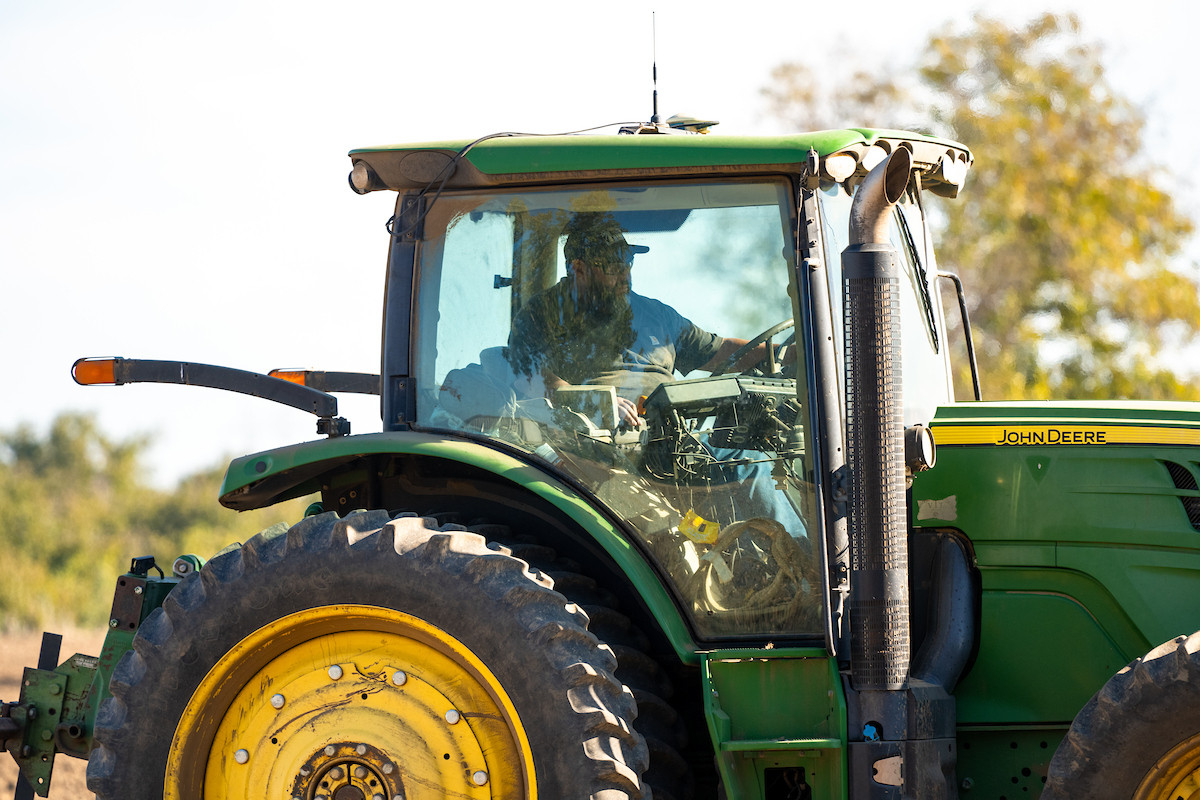
Betty Phelps-Refior transferred her farm to AFT’s Farm Legacy Program in exchange for a fixed annuity for life.
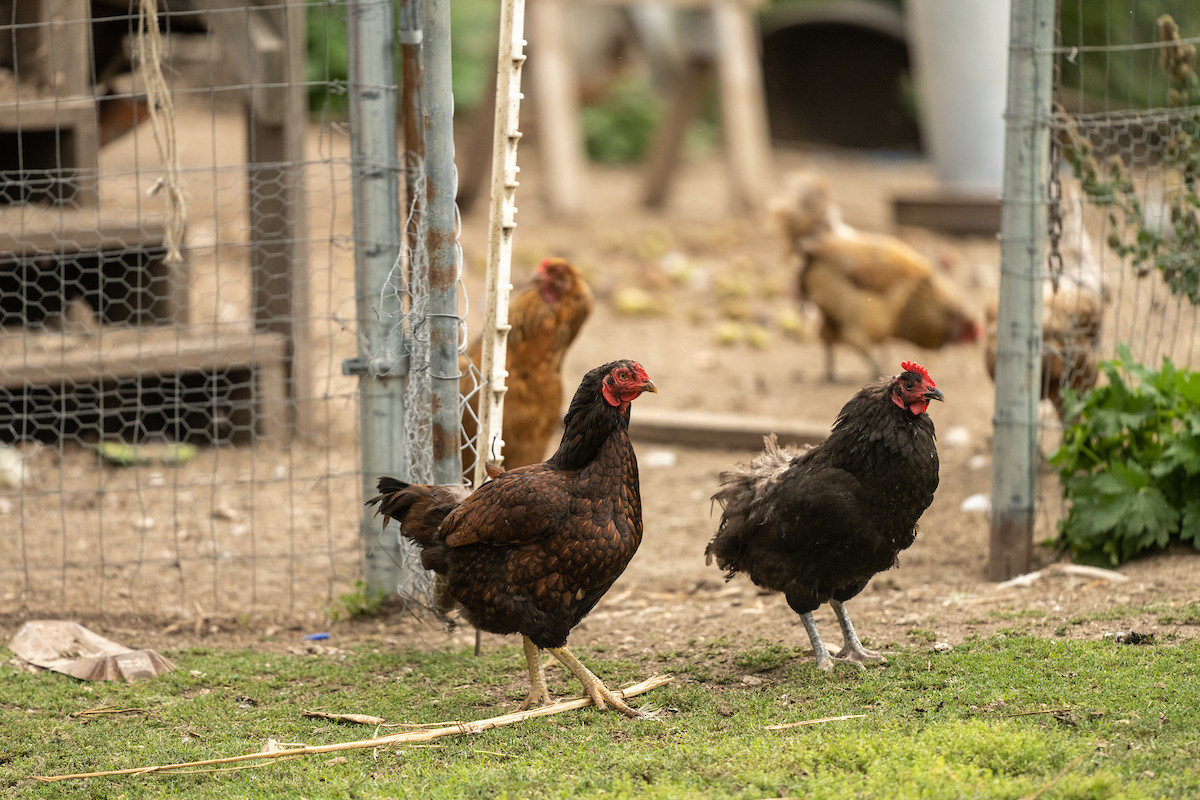
Colorado ranchers worked with AFT to establish the first private, community-wide agreement to allow home construction only where it would not harm ag operations or valley views.
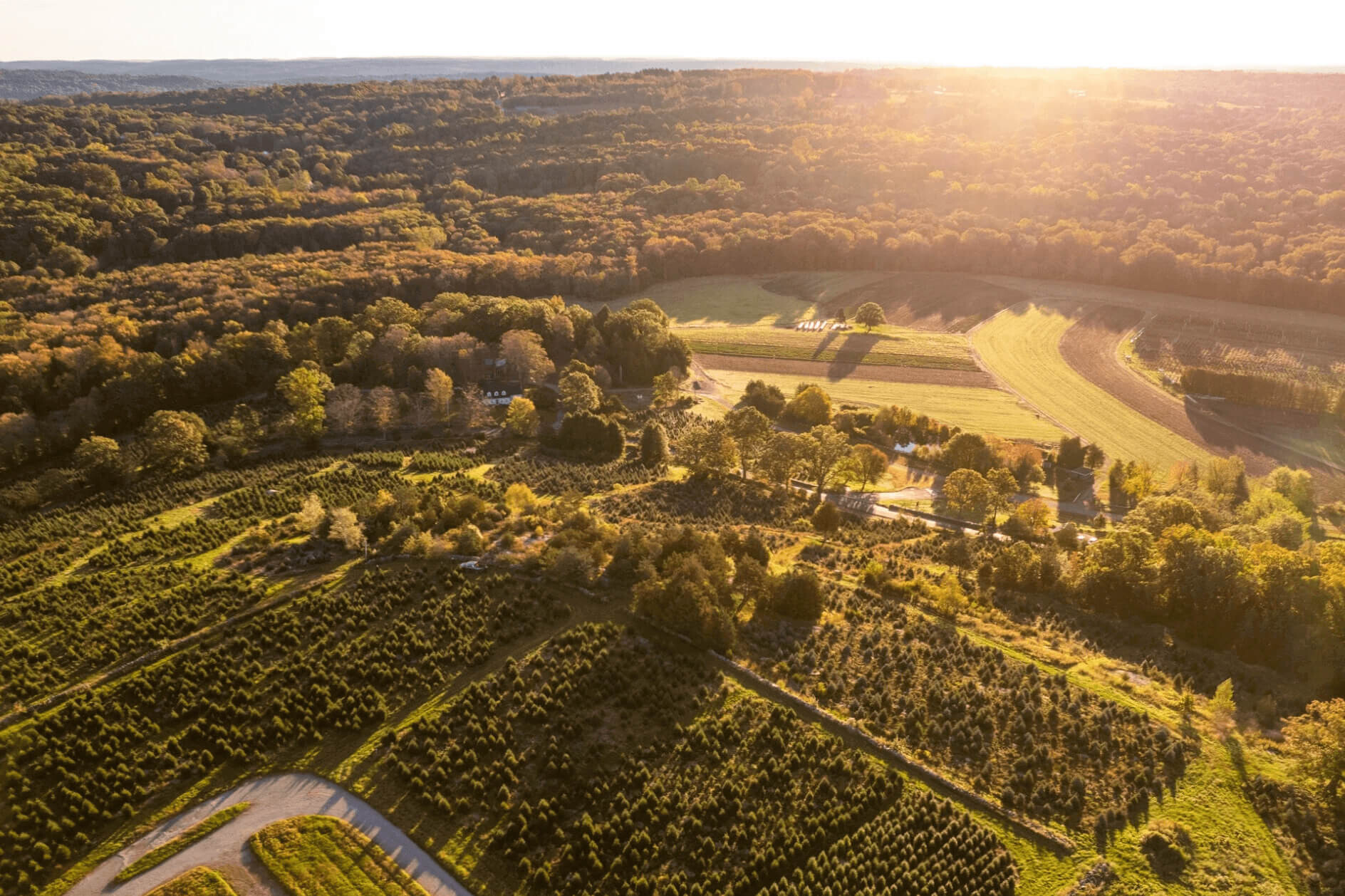
Marlila Hickin found confidence from AFT learning circles and now farms her land herself.

Using the knowledge she gained from AFT learning circles, Dena Vittorio implemented key conservation techniques.

AFT trainings have inspired the Kaesebiers to increase their cover crop conservation practice to about two-thirds of their land.
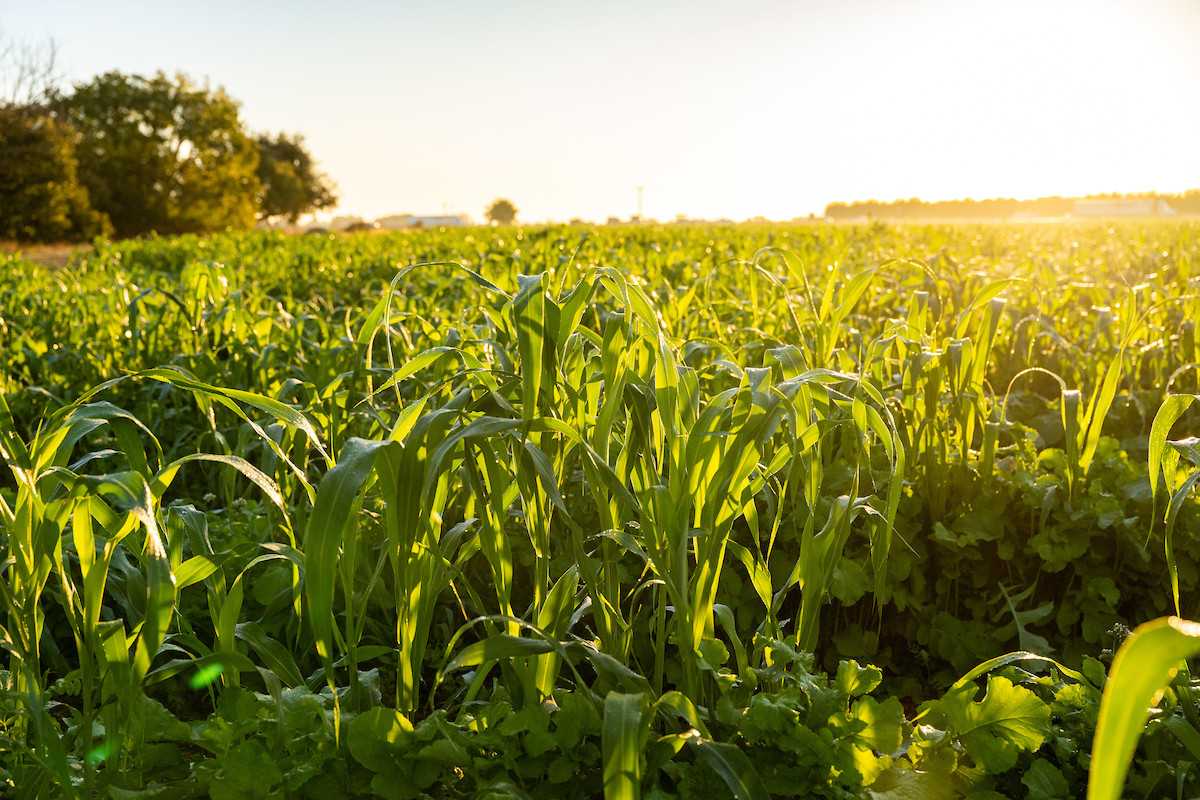
Sally Brown donated a conservation easement on her and her husband's farm to AFT. Her grandson and his wife now own and operate the farm.

With the help of AFT's Hudson Valley Farmland Finder, Eugene got his vision off the ground and found farmers to revitalize the farmland he purchased.
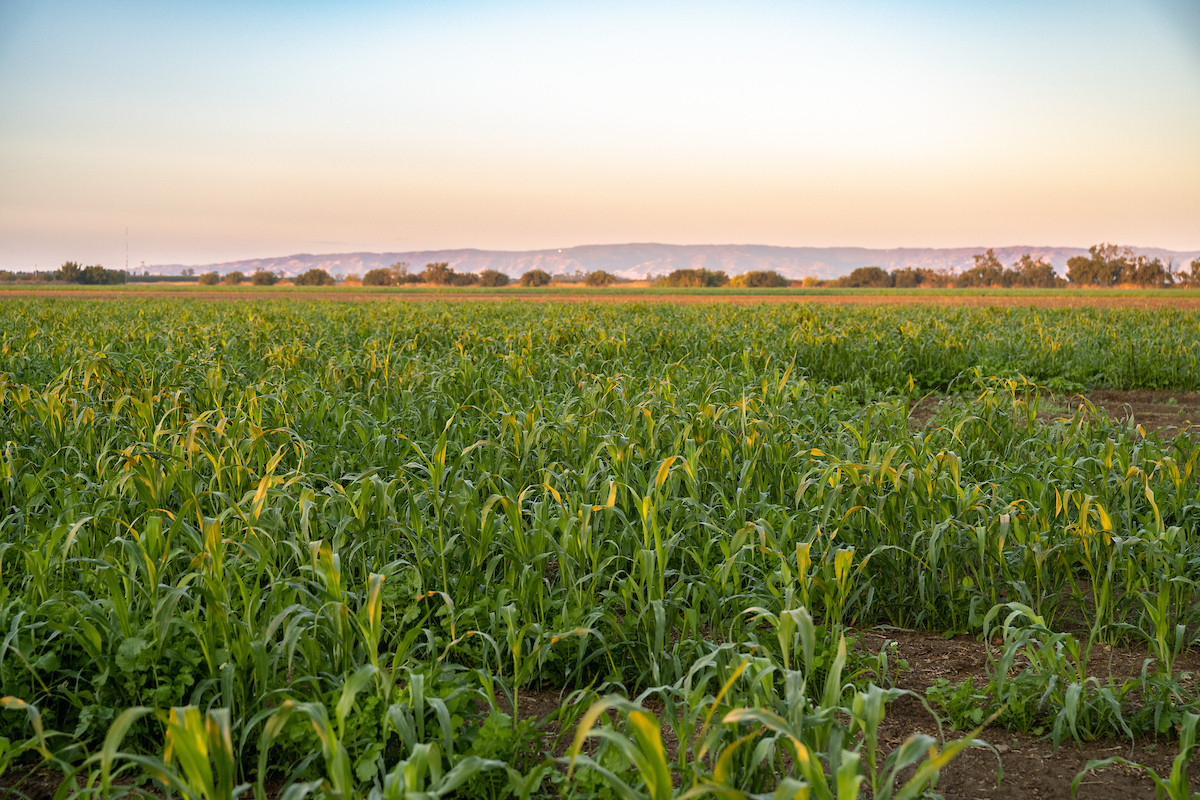
A grant from AFT’s Love Fund helped to protect the Crothers Farm, which will serve as a good model for other landowners.
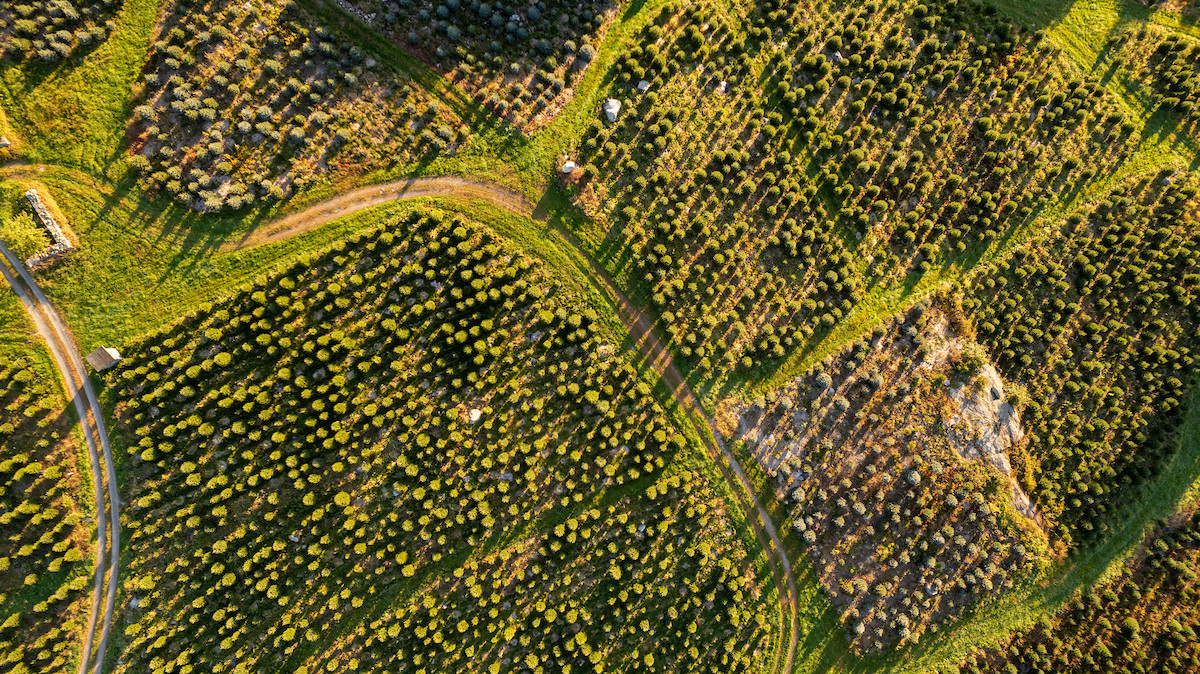
Jennifer McComas transferred her family’s 560-acre Kentucky farm to AFT to help save it from development.

Decades after the Smith family donated their farm to AFT, the conserved Maine farm is a model of agricultural innovation and education.

Phil Schmitt worked with AFT and other partners to analyze the impact of soil health practices on his bottom line.